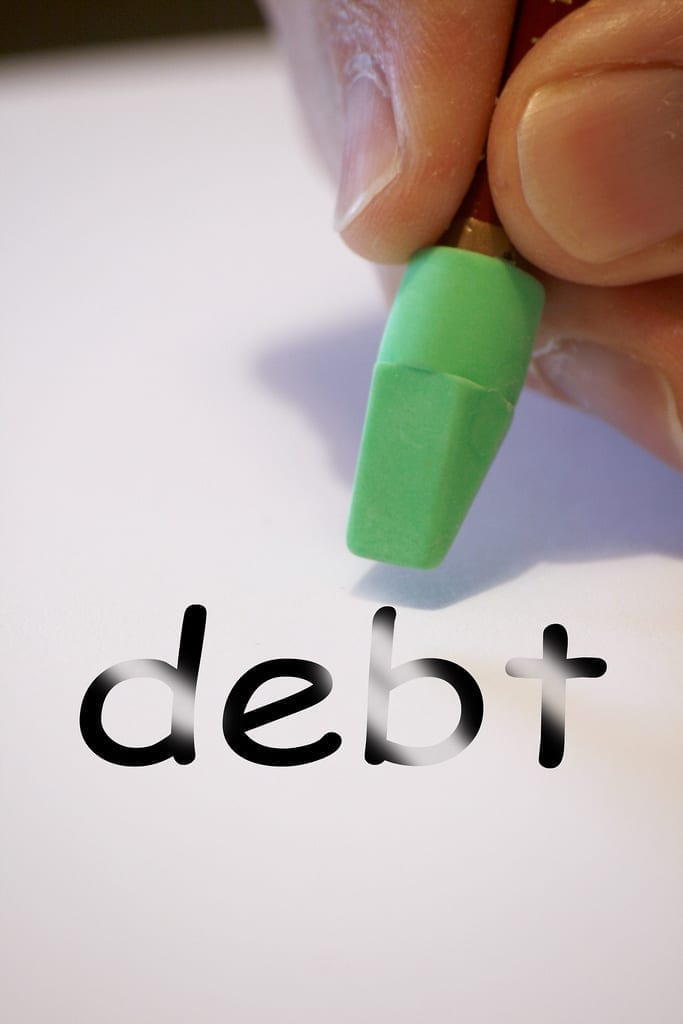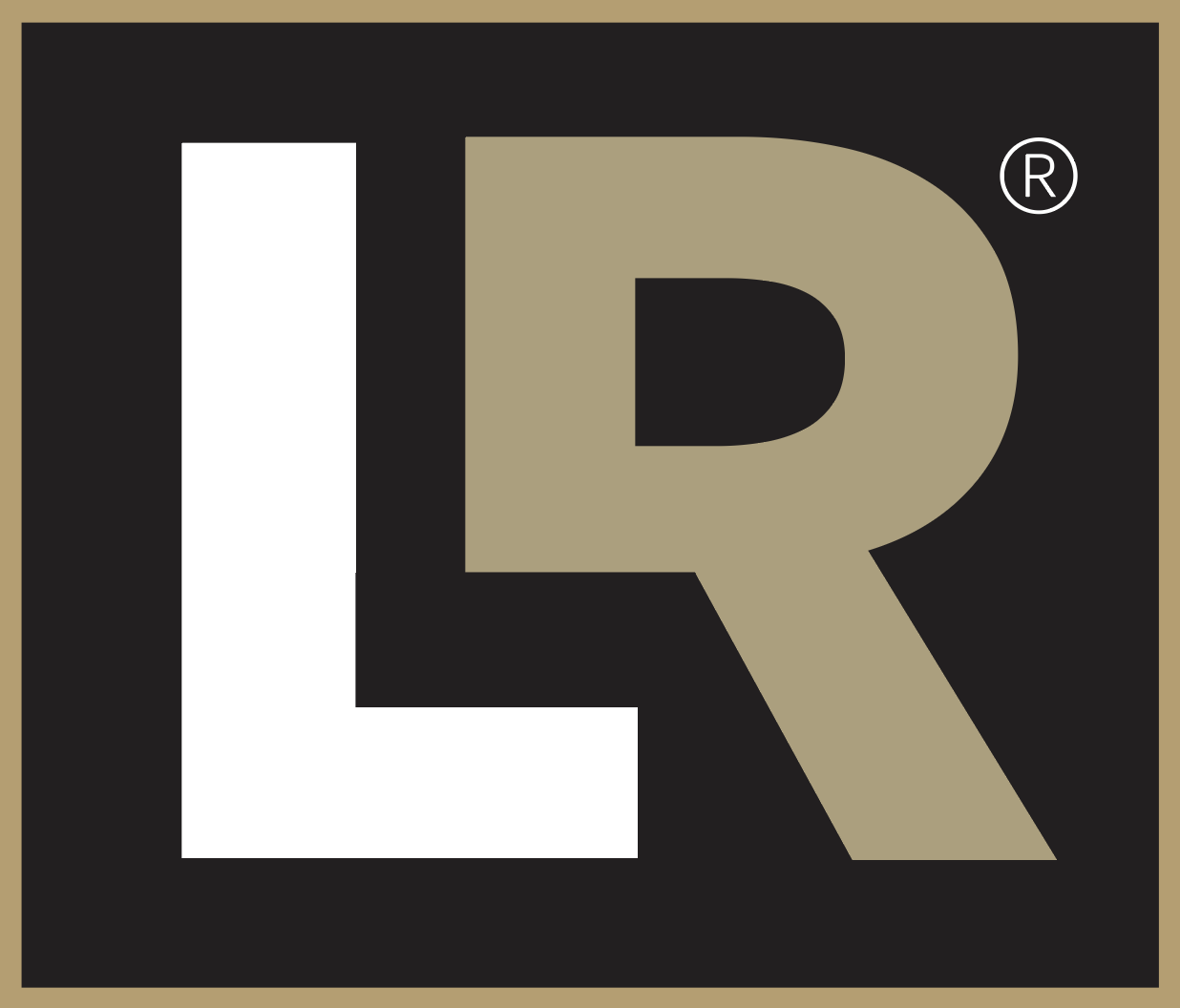The Different Kinds of Consumer Bankruptcy Explained

The Different Kinds of Consumer Bankruptcy Explained
Even before coronavirus hit, many families were living on the razor’s edge. Now, and especially once COVID-19 financial assistance programs lapse, the situation is even worse in many households. Roughly 90 percent of Americans report feeling significant financial stress. As their financial prospects become bleaker, and debt collectors become more aggressive, an increasing number of these families will be considering bankruptcy in 2021.Most of these people are looking for answers from a professional. If you cannot lay out their options plainly and succinctly, they will go somewhere else.Therefore, it’s essential to explain the difference between a Chapter 13 and a Chapter 7, and not just for marketing purposes. Generally, Athens bankruptcy lawyers operate with little or no oversight. But this area is an exception. Legally, attorneys must explain the difference between a Chapter 13 and a Chapter 7. Referring clients to a blog post on this subject is a time saving idea. Breaking down these options in person is an even better idea.Chapter 7The type of debt largely determines the type of bankruptcy that’s best for a particular family. The coronavirus pandemic has been very hard on many families, especially if they were not terribly stable to begin with. That means more divorces and separations, especially as January (a/k/a divorce month) inches closer. The increased expenses, not to mention attorneys’ fees, usually mean increased credit card use.A brief aside here. Divorces usually taper off beginning in late October and early November. Feuding couples often declare holiday truces. The good vibes usually last until after Christmas. Then, as Valentine’s Day marketing kicks into high gear, people reflect on how bad their marriages are, and they want out.Credit card and other unsecured debt is generally dischargeable in a Chapter 7. These individuals must qualify under the means test. Their income must be lower than the average amount for that geographic area. A state-by-state breakdown is available here. About six weeks after they file, debtors meet with a bankruptcy trustee. The trustee verifies the debtor’s identity and reviews a few financial documents, such as tax returns. Assuming there are no red flags, the judge usually discharges unsecured debt about six or twelve weeks later.Speaking of tax returns, unpaid income tax, student loans, attorneys’ fees, and a few other obligations are priority unsecured debts. These debts are only dischargeable in certain situations.Chapter 13
 Brightly colored paper clips with business papers, calculator, and pen; image by Alexander Stein, via Pixabay.com, CC0.
Brightly colored paper clips with business papers, calculator, and pen; image by Alexander Stein, via Pixabay.com, CC0.

About Christopher Ross Morgan
Christopher Ross Morgan, who has helped bankruptcy clients since 1997, is a principle in Morgan & Morgan, Attorneys at Law, P.C., a consumer bankruptcy law firm based in Athens, Georgia. The firm also practices disability and workers’ compensation. Click here for more information.
